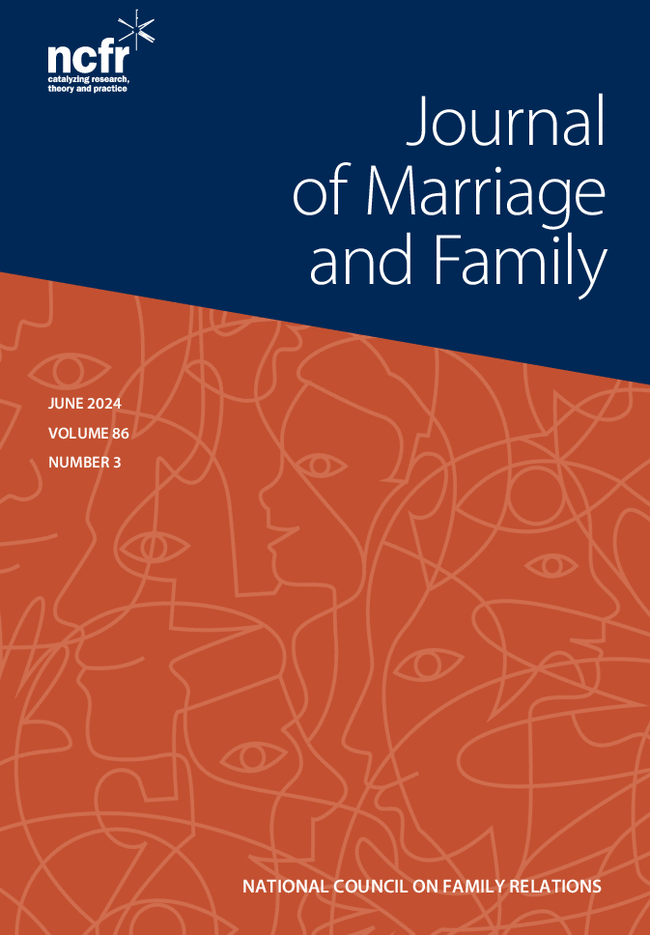Navigating cultural crossroads: A thematic analysis of individuals' sacrifices in intercultural romantic relationships
Abstract
Objective
This study aims to explore the unique sacrifices intercultural couples make to reconcile their cultural differences.
Background
Partners in intercultural romantic relationships may be challenged to make sacrifices related to their cultural differences, termed cultural sacrifices. These sacrifices can act as catalysts for cultural change in families and society, yet there is a gap in our understanding of the types of cultural sacrifices partners make.
Method
We conducted reflexive thematic analysis on two online samples of individuals in intercultural relationships who wrote about their cultural sacrifices (n = 592). We employed a bottom-up data-driven approach to our analysis.
Results
We identified 10 themes, including nine distinct themes of cultural sacrifices—cultural practices and norms, food, gender roles, language, parenting, prejudice, religion, relocation and travel, and social orientation—and one theme of not making a cultural sacrifice. Most themes were divided into subthemes to provide more context for individuals' experiences.
Conclusion
Individuals in intercultural relationships often reconcile their cultural differences by giving up aspects of their own culture or finding ways to adapt to their partner's culture. This study provides the first descriptive overview of the types of cultural sacrifices partners make in their relationships.
Implications
These findings provide a better understanding of intercultural relationships, contribute to a more inclusive study of relationships, and offer valuable considerations for future research.

 求助内容:
求助内容: 应助结果提醒方式:
应助结果提醒方式:


